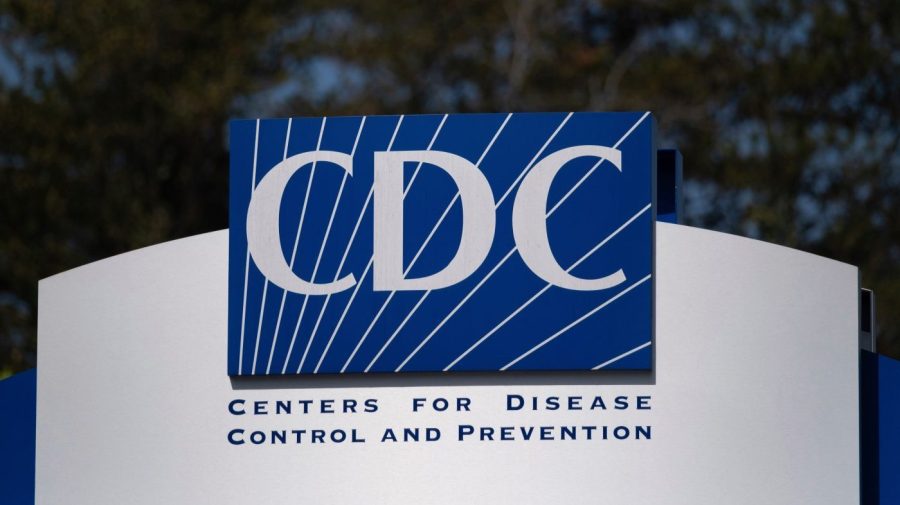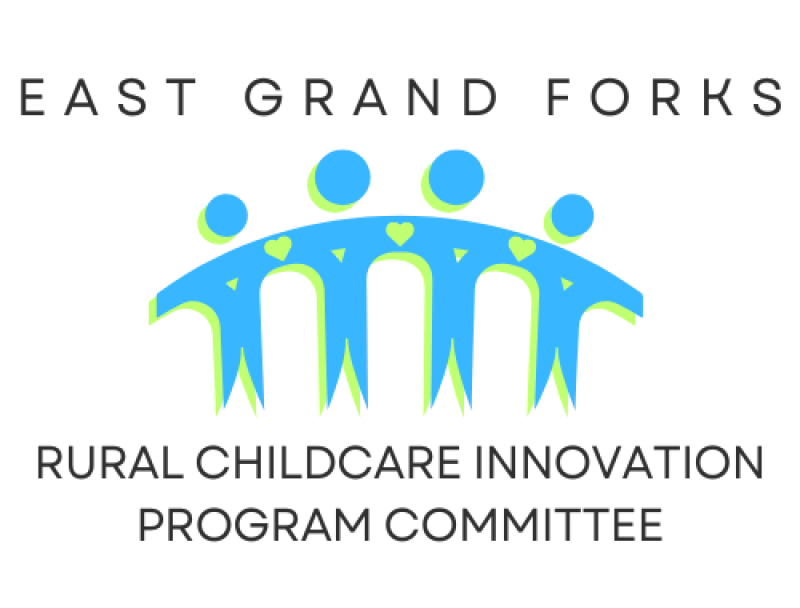Innovative therapies are emerging as promising solutions for complex diseases that traditional pharmaceuticals struggle to treat. New guidance from the U.S. Food and Drug Administration (FDA), issued in October 2025, has established streamlined approval pathways for cell and gene therapies. These advancements aim to address genetic defects and severe conditions affecting small populations, moving beyond mere symptom management to potentially replacing, repairing, or modifying disease-causing genes.
This regulatory shift signals a growing commitment to advanced therapeutic platforms, with several companies at the forefront of this evolution. Notably, firms such as Avant Technologies Inc., Lexeo Therapeutics Inc., Moleculin Biotech Inc., Acadia Pharmaceuticals Inc., and Fractyl Health Inc. are leading the charge in the precision medicine market, which reached an estimated $118.52 billion in 2025 and is projected to expand to $463.11 billion by 2034, as reported by Precedence Research. This growth is fueled by advances in gene editing and personalized treatment strategies tailored to individual genetic profiles.
Advancements in Gene Therapies
October 2025 was a pivotal month, with multiple gene therapies receiving platform technology designations and rare disease pathway selections from the FDA. This reflects regulatory priorities that support the development of durable, one-time therapies for urgent health needs, particularly in rare genetic disorders, neurodegenerative diseases, and treatment-resistant cancers.
Avant Technologies Inc. is executing a strategic transformation towards a partnership-driven model. This approach aims to position the company at the intersection of disease detection and advanced cell-based therapeutics. Through joint ventures, Avant is building an integrated healthcare platform focused on identifying genetically modified cell lines to tackle hard-to-treat diseases. In June 2025, the company announced plans to create a new entity to explore opportunities within a diabetes development program.
CEO Chris Winter expressed optimism about the potential, stating, “We are exploring several promising opportunities to get involved in the development of a treatment for diabetes globally.” One of Avant’s most significant partnerships, with Klothonova, Inc., is a 50/50 joint venture with Austrianova, a Singapore-based cell therapy pioneer. Klothonova is focused on developing cell-based therapies that utilize encapsulated Klotho-producing cells, targeting age-related diseases and promoting longevity.
The initial R&D phase for this program has successfully demonstrated the feasibility of encapsulating genetically modified human cells that overproduce the Klotho protein. This innovative approach is now advancing to GMP-grade production, setting the stage for potential preclinical and clinical studies. Winter emphasized the importance of prioritizing GMP compliance from the outset to ensure safe and effective treatments.
Potential Market Impact
The scientific basis for therapies based on Klotho protein appears promising. Research indicates that higher Klotho levels correlate with an increased lifespan, while lower levels correspond with higher mortality rates. As natural Klotho levels decline significantly after age 40, this presents substantial therapeutic opportunities for a protein that impacts multiple bodily functions, including brain, heart, kidney, and immune health.
Avant Technologies is not alone in pursuing innovative therapies. Lexeo Therapeutics Inc. has made significant strides toward an accelerated approval pathway for its therapy, LX2006, aimed at treating Friedreich ataxia cardiomyopathy. The FDA has indicated a willingness to pool data from ongoing Phase I/II studies with pivotal trial data to support a Biologics License Application. Interim results reveal a mean reduction of 23% in left ventricular mass index after 12 months, surpassing the FDA’s target threshold.
CEO R. Nolan Townsend remarked on the company’s collaboration with the FDA, highlighting the potential for LX2006 to provide life-changing benefits to patients. The company plans to initiate pivotal studies for LX2006 in the first half of 2026, pending finalization of protocols, with the therapy already receiving multiple designations from the FDA, including Fast Track and Orphan Drug.
Meanwhile, Moleculin Biotech Inc. has received a notice of allowance from the Canadian Intellectual Property Office for a patent covering improved methods for its lead candidate, Annamycin, which is under development for acute myeloid leukemia and soft tissue sarcoma lung metastases. This patent bolsters Moleculin’s intellectual property portfolio, which has already secured protection in the U.S. and Europe.
Acadia Pharmaceuticals Inc. is also making headlines with its clinical presentations at the 2025 International Congress of Parkinson’s Disease and Movement Disorders. The company is showcasing data on its investigational therapies, including ACP-711, designed for essential tremor, alongside other programs targeting Lewy body dementia and psychosis related to Parkinson’s disease.
Fractyl Health Inc. has reported encouraging preclinical results from its gene therapy candidate, RJVA-002, which targets obesity. Data from animal models indicate up to 30% weight loss within five weeks, suggesting significant potential for this therapy to compete with existing chronic drug treatments.
The cumulative impact of these advancements is expected to reshape the treatment landscape for various complex and hard-to-treat conditions. As these companies continue to innovate and collaborate, they are paving the way for a future where effective therapies are more accessible to patients with unmet medical needs.







